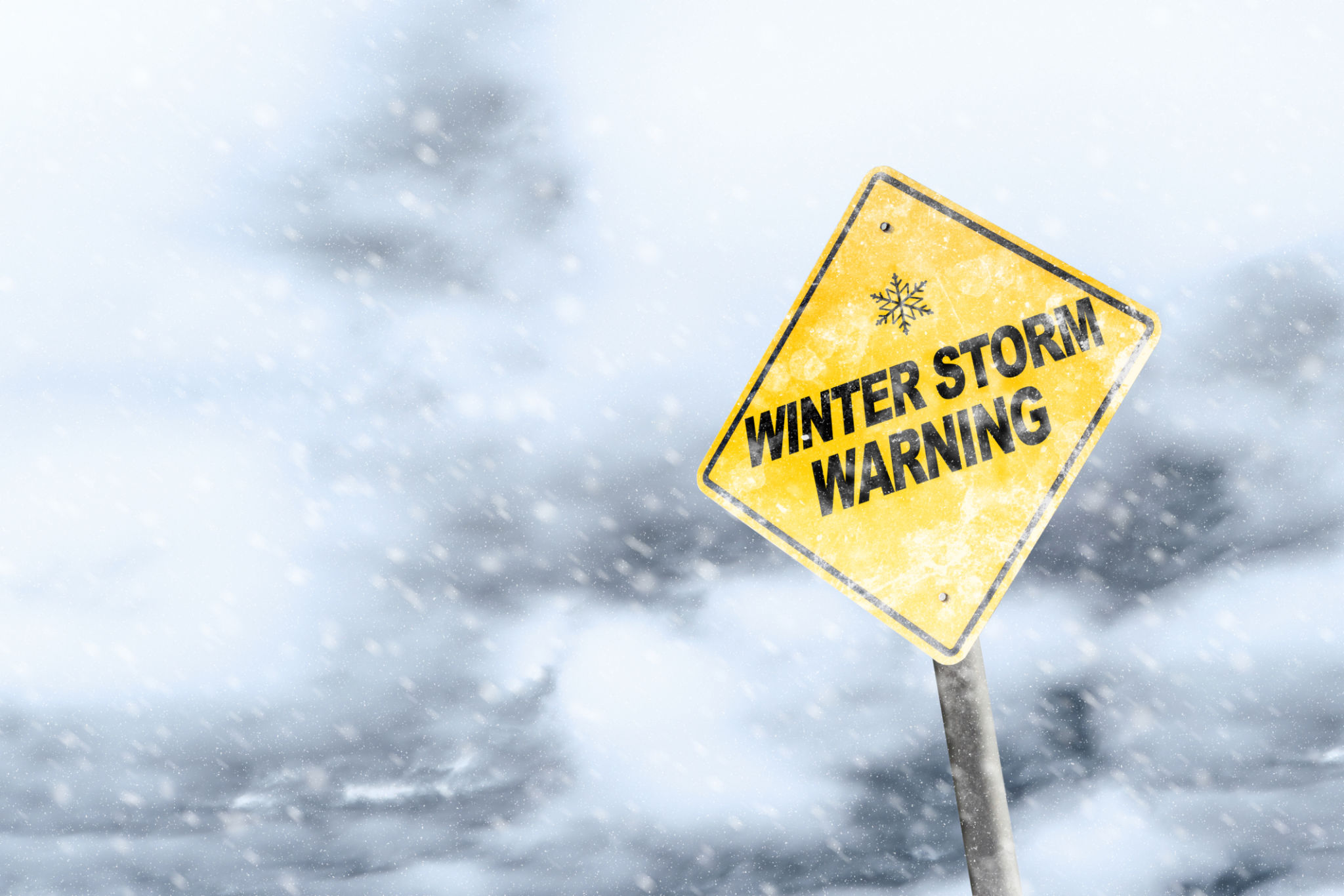Seasonal Water Management: Preparing Your Infrastructure for Winter Challenges
Understanding the Importance of Seasonal Water Management
As the winter season approaches, it is crucial for municipalities, businesses, and homeowners to prepare their infrastructure for the unique challenges posed by colder weather. Proper seasonal water management ensures that systems remain functional and efficient, preventing costly damage and disruptions. Proactive measures can help safeguard against issues like frozen pipes, ice dams, and flooding.
Water infrastructure is particularly vulnerable during the winter months due to the freezing temperatures that can cause pipes to burst. This not only leads to significant water loss but also incurs substantial repair costs. By understanding these risks and preparing accordingly, you can protect your infrastructure and maintain smooth operations throughout the winter.

Inspect and Maintain Your Infrastructure
The first step in effective winter water management is conducting a thorough inspection of your existing infrastructure. This includes checking for leaks, assessing insulation levels, and ensuring that all components are in good condition. Regular maintenance can help identify potential issues before they escalate into major problems.
Pay special attention to outdoor pipes and faucets, as these are most exposed to the elements. Insulating these areas with foam covers or heat tape can prevent freezing. Additionally, ensure that any drainage systems are clear of debris to avoid blockages that could exacerbate winter flooding.

Implementing Smart Water Management Solutions
Investing in smart water management technologies can make a significant difference in how effectively you manage water resources during winter. Automated systems that monitor temperature and flow rates can provide real-time data, allowing for quick responses to any anomalies. This proactive approach can help mitigate risks and enhance overall system efficiency.
Consider installing smart meters and sensors that alert you to potential issues such as leaks or pressure changes. These tools enable you to address problems promptly, minimizing potential damage and reducing water waste.
Preparing for Extreme Weather Events
Winter storms and unexpected temperature drops can pose serious challenges to water infrastructure. Being prepared for such events is essential to maintaining service continuity and protecting your assets. Develop a contingency plan that includes steps for emergency response, such as having backup power sources and essential repair supplies readily available.

Training staff on how to handle winter-related emergencies is equally important. Ensure that your team is equipped with the knowledge and resources needed to tackle any issues that may arise swiftly and efficiently.
Engaging the Community in Water Management Efforts
A successful winter water management strategy often involves community engagement. Educating local residents and businesses about best practices can help reduce the overall strain on shared water resources. Encourage stakeholders to participate in workshops or informational sessions focused on winter preparedness.
Promoting awareness around simple actions, such as letting faucets drip during freezing temperatures or keeping cabinet doors open under sinks, can have a substantial impact on preventing pipe bursts. Community collaboration enhances resilience against winter challenges, benefiting everyone involved.

Regular Review and Adjustment of Strategies
Winter water management is not a one-time task but an ongoing process that requires regular review and adjustment. As climate patterns change, so too must our strategies for dealing with seasonal challenges. Continuously evaluate the effectiveness of your current measures and be open to adopting new technologies or methods as needed.
By staying informed about the latest developments in water management and environmental trends, you can ensure that your infrastructure remains robust against winter's demands. A proactive approach not only saves time and money but also contributes to a more sustainable future.
